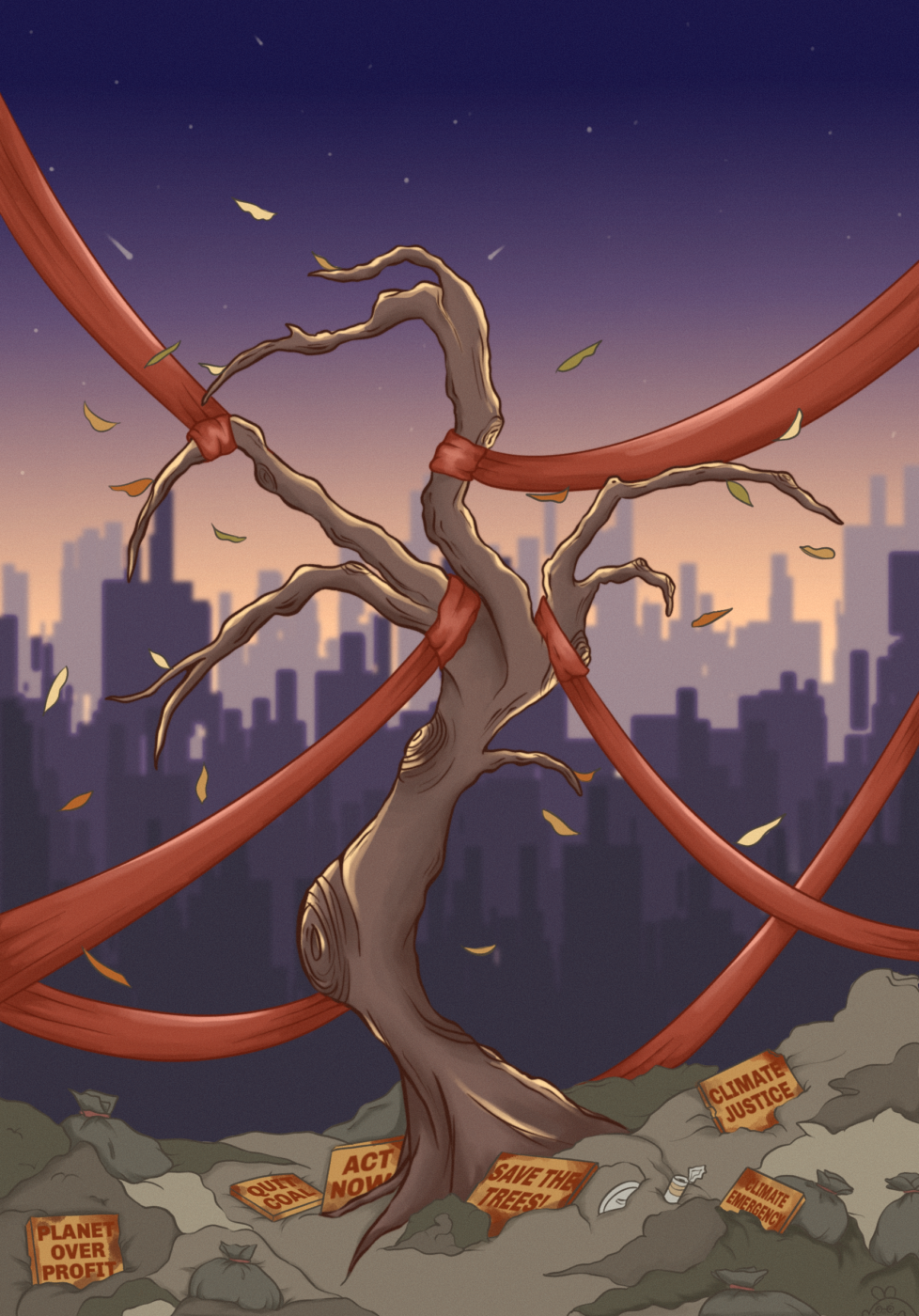THE PHILIPPINES continues to be the most dangerous Asian country for environmentalists due to increased killings of defenders over the years. In the 2023 Global Witness Report, the country ranked the top deadliest nation for environmental defenders in Asia for the 10th consecutive year.
According to the report, 11 out of the 16 reported murders from Asia in 2022 were in the Philippines. Globally, the country landed the fifth spot, following Colombia, Brazil, Mexico, and Honduras.
Since 2012, 1,733 killings of land and environmental defenders have been reported around the world, 281 of which were accounted for in the Philippines. Moreover, the report found that agribusiness, logging, and mining industries are often linked to the murders, with half of recorded cases being related to dam, logging, and mining issues.
As the country’s environmental defenders continue to protest against various ventures made at the expense of the environment, the site of Manila Bay has become a hotspot for conflicts of interest.
One case among many
Part of the fight against the reclamation projects in Manila Bay are Jonila Castro and Jhed Tamano. On the night of September 2, Castro and Tamano were taken by four armed, masked men into an SUV and separated for interrogation while bound and blindfolded.
Over two weeks later, the pair resurfaced and were made to appear in a press conference on September 19. At the conference, the military and the National Task Force to End Local Communist Conflict (NTF-ELCAC) claimed that Castro and Tamano were not environmentalists, but rather, organizers for the New People’s Army (NPA) who voluntarily surrendered.
However, during their turn to speak, Castro and Tamano refuted this and asserted that the military abducted and threatened them into surrendering. In Tamano’s testimony, she recounted being told that the abductors would “cut out [her] tongue if [she does] not speak.”
While Castro and Tamano have since then been freed, concerted efforts from the military to red-tag them have also diminished the public’s support of the environmentalists’ advocacy. These intimidation tactics may also cause a “chilling effect” on other activists.
Increased distrust and fear of defenders among the public have detrimental effects. According to Ateneo de Manila University Environmental Science Professor Katherine Buenaflor, expertise and knowledge on the country’s natural resources are lost, and governance structures that are supposed to protect and manage the environment are weakened.
Altogether, she said that these issues result in “long-term negative impacts on the preservation of ecosystems, conservation efforts, and sustainable development practices.”
Defenders undefended
Demonstrably, the continued targeting of activists not only puts in harm’s way the individuals themselves but also undermines the public’s say in the use of the country’s natural resources.
The plight of environmental defenders additionally puts into question the integrity of human rights in the Philippines. Although Castro and Tamano have been freed for the time being, accounts of environmental defenders going missing or being killed still abound.
In 2022 alone, 11 environmental defenders were killed in a variety of ways—some were ambushed and shot while going about their daily business, while the others were killed in what military forces term “encounters.” Women defenders have also been subject to gender-specific attacks through sexual harassment and violence.
The Human Rights Watch has condemned these incidents, criticizing the government’s use of “communism” and “terrorism” to justify the disregard for both the lives and rights of environmental defenders.
Land defenders also receive little aid from the government, whether financial or legal. This difficulty is made even more apparent when environmental defenders face off against well-rooted industries and government authorities.
Buenaflor stated that socioeconomic factors hinder land defenders from obtaining legal help. As such, recourse through the justice system is often not an option for activists.
A global warning
Little stands between environmental defenders and their adversities, facing great risks even as the Commission on Human Rights takes the initiative to investigate these human rights violations.
Currently, the bulk of aid comes from non-governmental organizations (NGOs) such as the Palawan NGO Network, Inc. and the Living Laudato Si’ Philippines. These groups stand alongside land defenders as they offer financial assistance, legal aid, and voices of support. Their members are land defenders themselves, providing refuge and solidarity in their joint struggles.
In contrast, the current administration has said little on the matter of human rights. Mainly through his Build Better More program, President Ferdinand Marcos Jr.’s plans to expand infrastructure further threaten land defenders and their advocacies.
Should the persecution of land defenders continue, Buenaflor emphasized that it would impede the development of a “vibrant and diverse environmental movement.” In turn, this would limit modern solutions and collective efforts in addressing environmental challenges.
“Inaction in this regard would not only put the environment at further risk but also hinder efforts in achieving sustainable development goals,” she asserted.
To prevent such detrimental consequences, Buenaflor posited that the government should give legal and institutional support to activists and improve environmental education. Moreover, she added that citizens, too, play a crucial role alongside land defenders in conserving the nation’s natural resources.
“By participating in the environmental movement, citizens can create positive change and ensure a sustainable future for generations to come,” she stated.
Despite the dangers, environmental defenders continue to brave the pursuit of their advocacy. Their strife is a microcosm of a fight critical for this country, inhabited by the current generation, and a country to be inhabited by succeeding ones—a common home.




